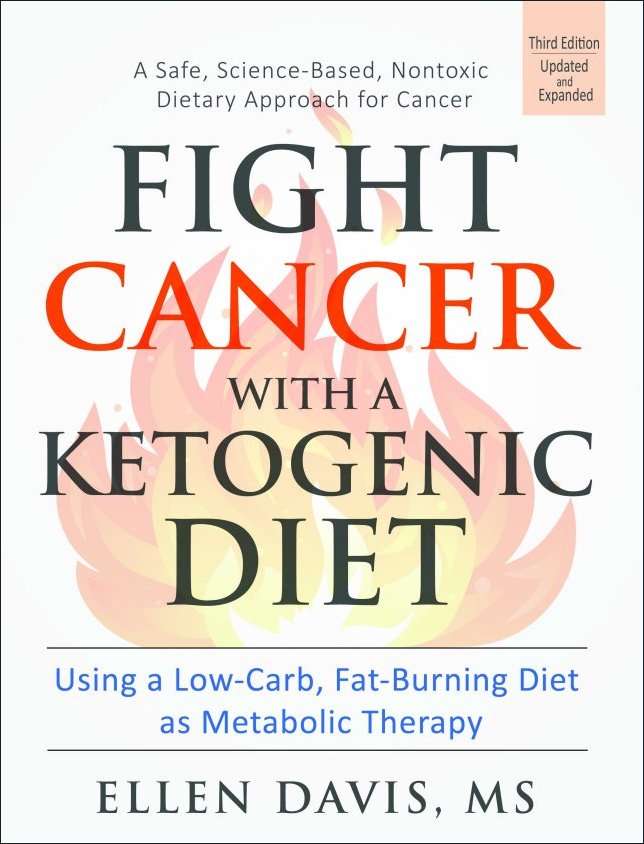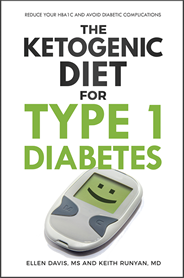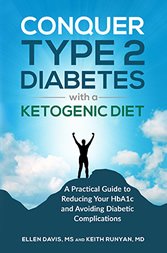C-Reactive Protein: A Marker of Inflammation
C-Reactive Protein (CRP) is a protein found in the blood which provides a measure of the state of inflammation within your body. It’s an important test to have done because recent studies show that inflammation is becoming the true marker for many modern diseases, including autoimmune diseases, cancer, atherosclerosis and diabetes.
The newest CRP test, called the highly sensitive C-reactive protein (hs-CRP) assay, is very sensitive and is an excellent predictor of heart disease. The higher your CRP levels, the higher your risk of developing heart disease. Here are the numbers to know:
- hs-CRP above 3.0 = High Risk
- hs-CRP between 1.0-3.0 = Average Risk
- hw-CRP below 1.0 = Low Risk
Natural Ways to Reduce C-Reactive Protein Levels

- Get plenty of magnesium each day. The Journal of the American College of Nutrition published a study which showed that as the consumption of magnesium fell, levels of C reactive protein went up. You can supplement with magnesium citrate before bed. Start with 100-200 mg and work up to 400 mg based on bowel tolerance. Note that if you take calcium with magnesium, they are antagonistic, so the benefit will be reduced.
- Follow a low carb or ketogenic diet plan. Low carb diets reduce inflammation because they reduce circulating blood sugar and insulin. Here’s a study showing the effects of a low carb diet on CRP. Advice to reduce saturated fat to reduce inflammation is incorrect. Saturated fat is not inflammatory - sugar is inflammatory.
- Avoid sugars, refined cereal grains and flour products as much as possible. These are high glycemic foods and this study has shown that high glycemic foods play a role in inflammation and disease.
- Take a multivitamin each day. In this study, twenty nine overweight men consumed a carbohydrate restricted diet (% carbohydrate:fat:protein = 13:60:27) and took a standard multivitamin every other day for 12 weeks. At week 12, both CRP (-8.1%) and TNF-α (-9.3%) were reduced (P < 0.05) independently of weight loss.
- Make sure the multivitamin you take includes 500-1000 mg of Vitamin C. This study showed that among participants with a CRP >/=1.0 mg/L, vitamin C reduced the median CRP by 25% vs placebo.
- Make sure all of the B vitamins are included in your multivitamin. This study demonstrated that B vitamin levels in the blood have a significant effect on CRP levels.
- Also make sure your multivitamin has at least 5000 IU of Vitamin A and 1000 IU of Vitamin D. In addition, some sources have found that gamma-linoleic acid (GLA) found in Evening Primrose Oil is anti-inflammatory.
- Reduce your intake of polyunsaturated fats and transfats. These are found in vegetable oils, processed foods and margarine. This study of over 700 nurses showed that those in the highest quartile of trans fat consumption had blood levels of CRP that were 73% higher than those in the lowest quartile. Polyunsaturated vegetable oils are very high in Omega 6 fatty acids which directly increase the body's inflammatory hormones.
- Consume small amounts of dark chocolate every few days. This study showed that people who ate up to 1 serving (20 g) of dark chocolate every 3 days had blood serum C reactive protein concentrations that were significantly lower than non-consumers. These findings suggest that small doses of dark chocolate once a week or so may reduce inflammation.
- Take CoQ10 Supplements. CoQ10 has been positively correlated with reduction of C Reactive Protein levels, especially when taken with supplemental Vitamin E. See this study.
- Choose high fat dairy products over soy milk or low fat dairy products. See this study.
- If you can't seem to lower inflammation by avoiding polyunsaturated oils and taking supplements, you may want to look at your diet. The foods most associated with inflammation include corn and corn products, pasteurized milk, gluten grains (wheat, barley, oats, rye, spelt, kamut), yeast and sugar, and the nightshade family of vegetables, including tomatoes, potatoes, peppers, and eggplant. Inflammation is usually accompanied with pain and stiffness. Try to track what you eat and how you feel afterward. That might point you to foods that are inflammatory for you.
Other Factors that Increase CRP Levels
- Infections
- Smoking
- High blood sugar
- Pregnancy
- Consuming soy products
More Information
- C-Reactive Protein : Everything You Need to Know About It and Why It's More Important Than Cholesterol to Your Health by Scott Deron
- The Inflammation Syndrome: The Complete Nutritional Program to Prevent and Reverse Heart Disease, Arthritis, Diabetes, Allergies, and Asthma By Jack Challem
All of my books are available in electronic PDF, and now in paperback on Amazon!
 |
 |
 |
|
Buy paperbook on Buy paperback on Amazon Buy the e-Book via Paypal |
Buy paperback on Buy paperback on Amazon Buy the e-Book via Paypal |
Buy paperback on Buy paperback on Amazon Buy the e-Book via PayPal |